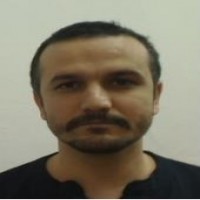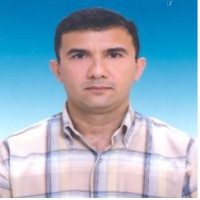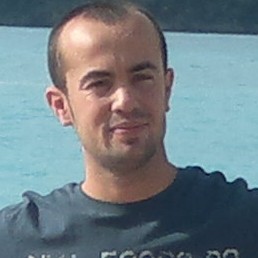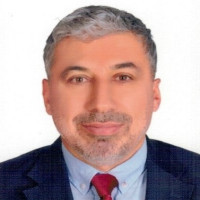Journal Boards
Owner
Editor in Chief
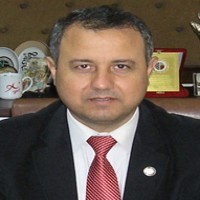
Prof. Dr. Soner Soylu received his PhD degree from Wye College, University of London, UK in 1998. He has been working as a lecturer and researcher at Hatay Mustafa Kemal University, Faculty of Agriculture, Department of Plant Protection since 1998.
He has research experience in the field of Plant Pathology and has supervised many master's and doctoral theses and studies. In this field, he has been the coordinator of many projects funded by different domestic and foreign institutions.
He has published research articles, book chapters and conference papers in reputed journals on plant growth promoting endophytic and epiphytic bacterial isolates (PGPB) and characterization of molecular, biochemical and morphological interactions between plant pathogens and plant defense mechanisms, Molecular and morphological identification of bacterial and fungal plant pathogens, antimicrobial activity of natural antimicrobial substances such as essential oils and extracts, induced resistance to fungal and bacterial plant pathogens, beneficial antagonist fungal and bacterial pathogens and biological control of fungal and bacterial pathogens, .
In particular, he is an expert in the molecular identification of obligate disease agents such as soilborne fungal diseases, powdery mildew, mildew, rust in various crops and has published many first record plant disease agent reports for Turkey. For the first time in Turkey, he was involved in the establishment of the "Plant Health Clinic", which provides solution services directly to farmers for their problems related to diseases, pests and weeds.
His research articles published on various topics have been extensively cited worldwide and ranked among the "Top 10 Most Cited Articles" in the relevant journal category in the field of Agricultural Sciences. He serves as Editor-in-Chief, Editorial Board Member and Referee in many reputable and prestigious journals in his field.
Associate Editorial Board of Sections
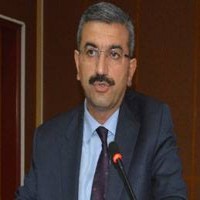
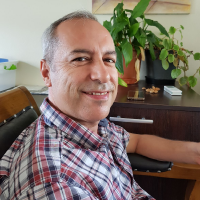







 Web
Web
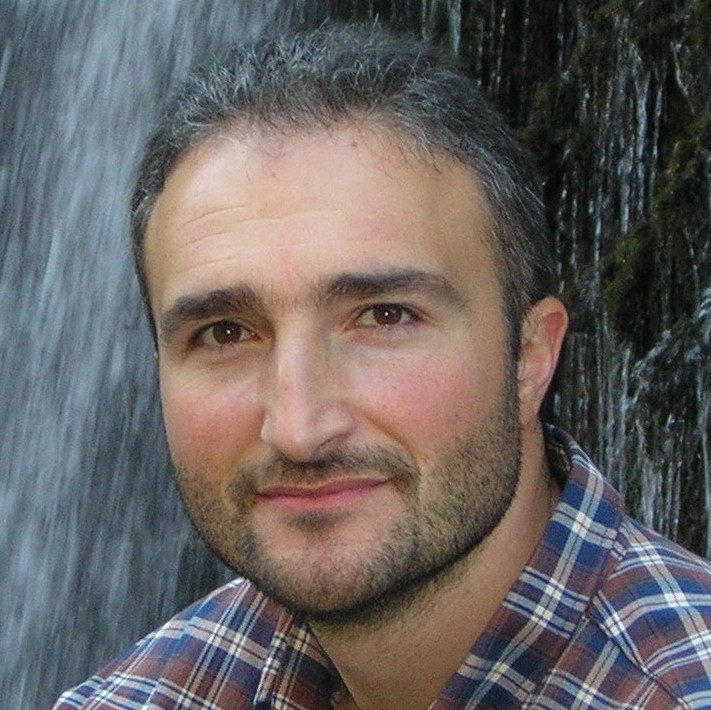
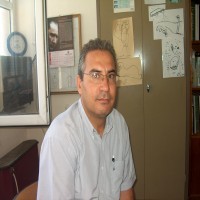
Editorial Advisory Board

Dr. Habib Ali, PhD in Agricultural Entomology and Insect Pest Control, currently serves as a faculty member at Khwaja Fareed University of Engineering and Information Technology in Rahim Yar Khan, Pakistan. His academic journey commenced at the University of Agriculture Faisalabad, where he specialized in Agricultural Entomology before completing his Ph.D. at Fujian Agriculture and Forestry University (FAFU) in China in December 2018. Dr. Ali is a dedicated researcher with a significant impact on the scientific community, evidenced by his 110 research papers published in reputable national and international journals with a collective impact factor of around 500. Moreover, he has authored 15 book chapters and published 05 books with esteemed publishers like Springer, Taylor and Francis, IntechOpen, and Elsevier. Dr. Ali's contributions have earned him prestigious awards such as the Best International Student of the Year and the Best Thesis Award from Plant protection, FAFU, China. He was also nominated for the World Scientist Index in 2021-23 and received the Council of Asian Science Editorship. In addition to his research, Dr. Ali actively engages in educational programs, faculty training, and international conferences while contributing to national and international research projects. His research interests span a wide range of topics including agricultural entomology, molecular entomology, bee health, microbial pathogenesis, biocontrol agents, and integrated pest management, reflecting his dedication to advancing knowledge in entomology and agriculture.




Dr. Muhamad Shakirin Mispan is currently a senior lecturer at the Institute of Biological Sciences, Faculty of Science, Universiti Malaya, teaching BSc courses including Ecology and Management of Weeds, Soil Ecology and Management, and Quantitative Ecology. He also teaches MSc courses including Applied Weed Science, Pest Management in Organic Crops, and Tropical Crop Management. He received a bachelor’s degree (BSc) in Ecology and Biodiversity in 2006 and a master’s degree (MSc) in Biology in 2010 from Universiti Malaya. He is a PhD holder in Biological Sciences from South Dakota State University, USA working on QTL mapping for weedy adaptive traits in rice; haplotype analysis for a major seed dormancy QTL region in rice; and seed longevity and photoperiod sensitivity in weedy rice. His current research focuses are mainly on the ecological genetics of weedy rice focusing on adaptation to various ecological systems, seedbank dynamics and longevity, environmental impact from various weed management, integration of sustainable agriculture for rice production, agroecology, and precision agriculture in rice farming.
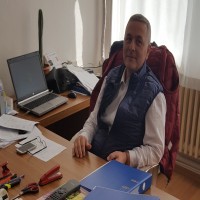



 Web
Web
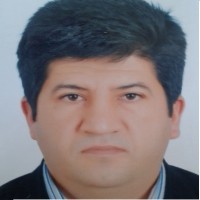

 Web
Web
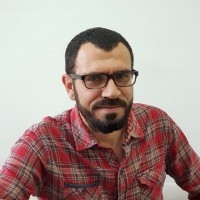
İbrahim Kahramanoğlu is an Associate Professor at the Faculty of Agricultural Sciences and Technologies, in the European University of Lefke (Turkish Republic of Northern Cyprus). He is expert in Horticultural Production, Postharvest Biology & Technology and Good Agricultural Practices. His main studies are about Postharvest Physiology and Handling of Fruits; Natural and Novel Technologies for Handling & Storage; Digital and Precision Farming (agri 4.0) for Sustainability; and Value Adding to Horticultural Crops.

Dr. Ebrima S. Njie is a Senior Lecturer at the School of Agriculture and Environmental Sciences of the University of The Gambia. He a Gambian by Nationality and holds a Ph.D. in Horticulture from the University of Ankara Department of Horticulture in 2020. His research interest is in Horticulture, Seed Science, and agronomy of horticulture crops. He currently lectures varying courses in horticulture, seed science to undergraduate, and graduate students. He has also served a reviewer for a wide range of journals.

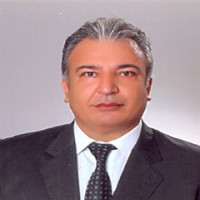







 Web
Web
Kyrgyz - Turkish Manas University, Faculty of Agriculture, Kyrgyz
Section Editors
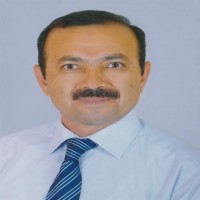








 Web
Web
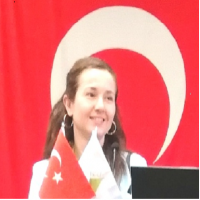






 Web
Web
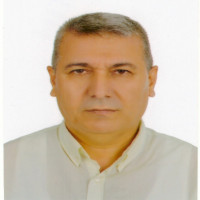



Lisans: Mustafa Kemal Üniversitesi Ziraat Fakültesi -1997
Yüksek Lisans: Mustafa Kemal Üniversitesi Fen Bilimleri Enstitüsü Tarla Bitkileri Anabilim Dalı- 2000
Doktora: Çukurova Üniversitesi Fen Bilimleri Enstitüsü Tarla Bitkileri Anabilim Dalı- 2006
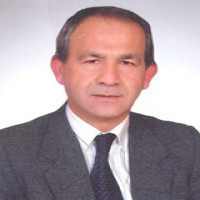

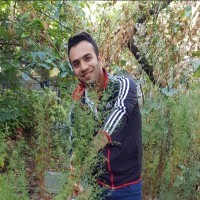

Layout Editors


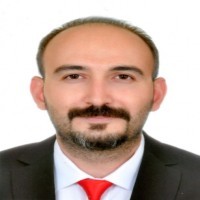
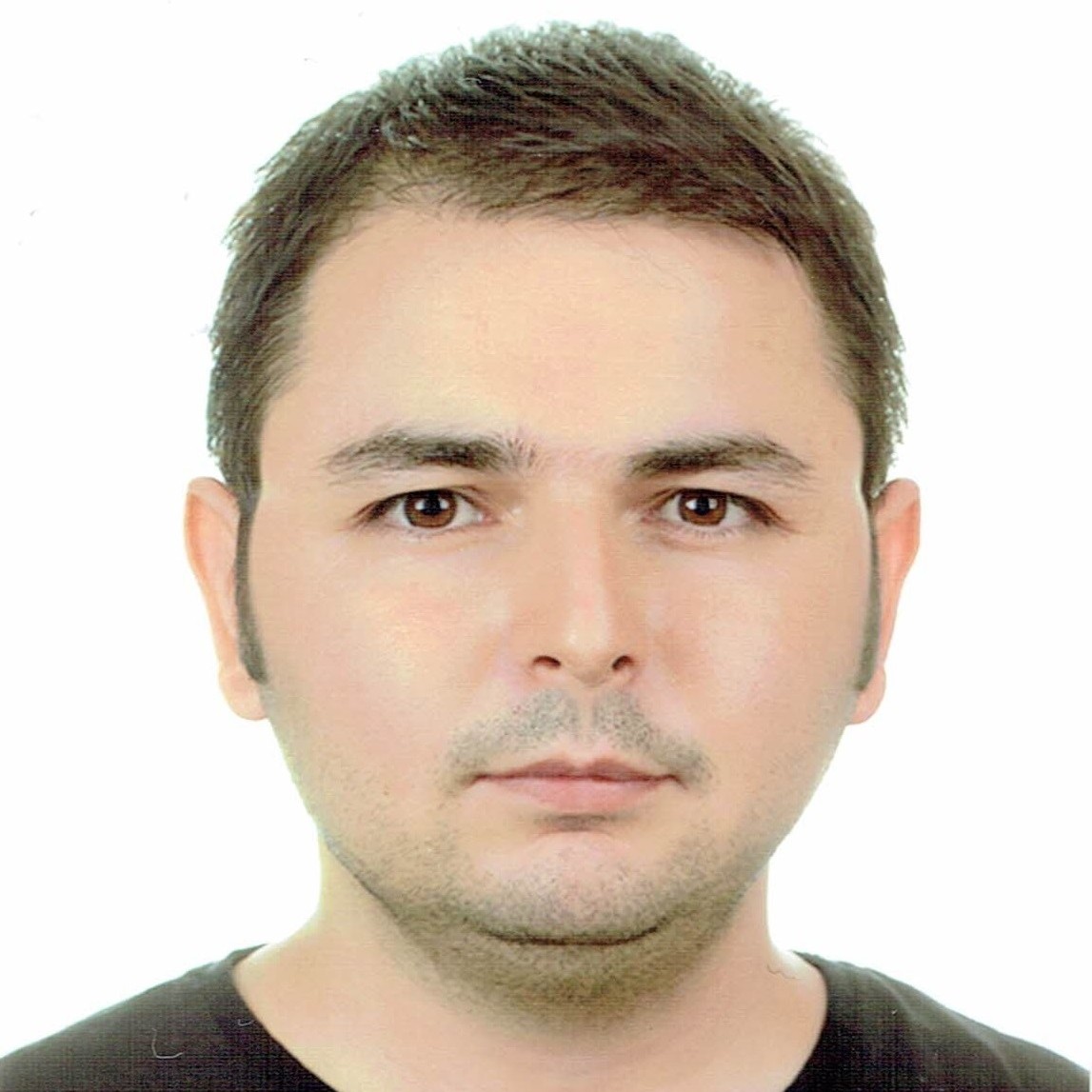






 Web
Web

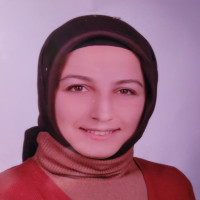







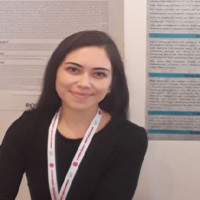
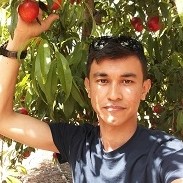

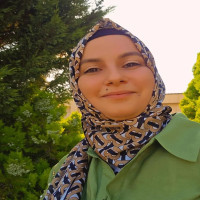






 Web
Web



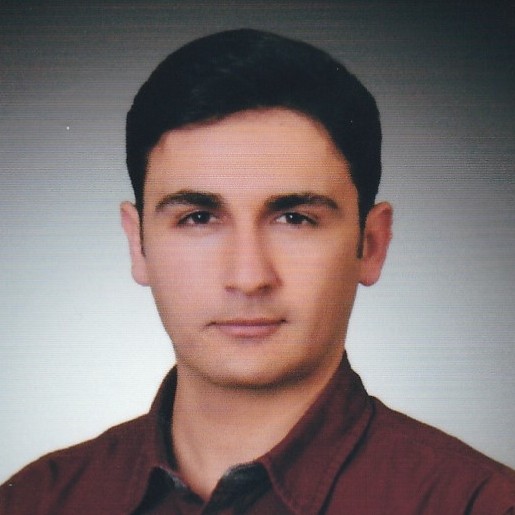




 Web
Web





 Web
Web
Language Editor
